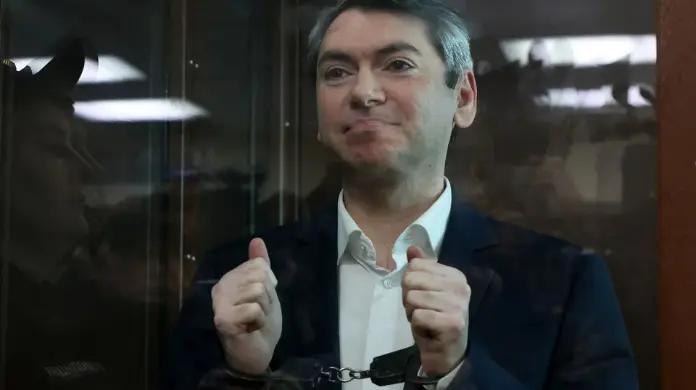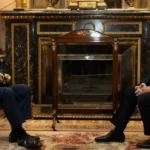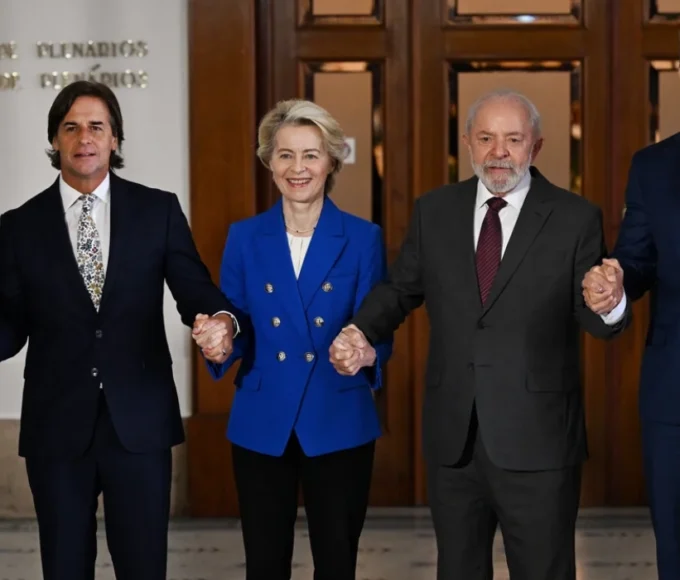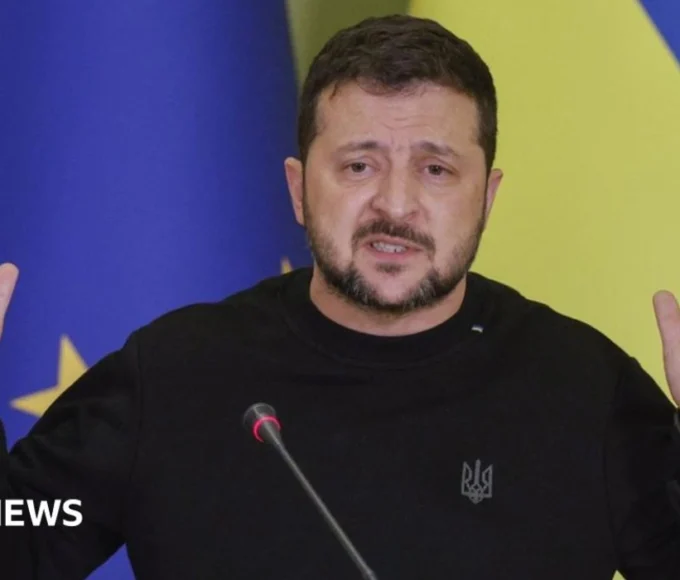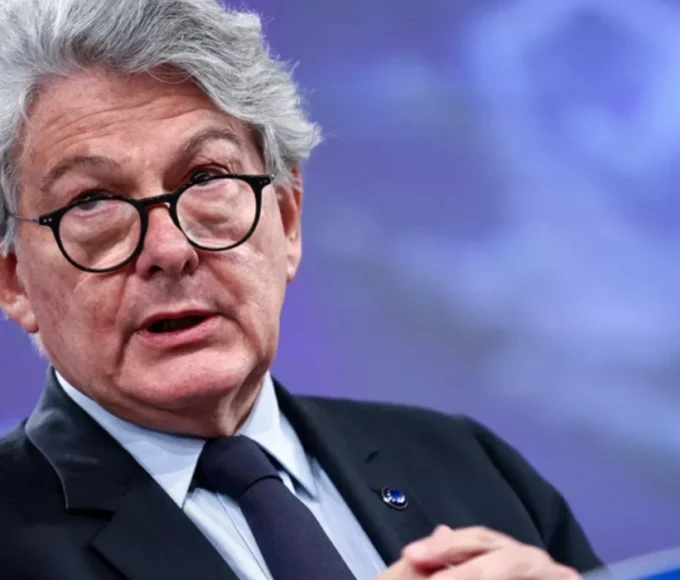Grigory Melkonyants, co-chair of Russia’s only independent election monitoring organization, Golos, has been sentenced to five years in prison by a Moscow court. He was convicted on May 14 for allegedly organizing activities of an “undesirable” foreign organization — a charge widely condemned as politically motivated.
The sentence marks the latest chapter in Russia’s intensifying crackdown on independent civil society, particularly following the invasion of Ukraine.
Read Also : EU Condemns Forced Displacement and Rejects Territorial Changes in Gaza Strip
Background: Golos and Its Role in Russian Elections
Long History of Election Monitoring
Founded in 2000, Golos — meaning “vote” in Russian — has monitored national and local elections across Russia, earning credibility for documenting widespread electoral irregularities. The group drew major public attention in 2011, when its findings on voting fraud triggered some of the largest protests against President Vladimir Putin’s rule.
State Pressure and “Foreign Agent” Label
The Kremlin’s hostility toward Golos has grown over time. In 2013, Russian authorities branded it a “foreign agent.” By 2016, the Justice Ministry forced the group to dissolve under that label. However, Golos later re-formed under a new legal structure to continue its work.
The Charges: Links to “Undesirable” ENEMO Group
Melkonyants was arrested in August 2023. Prosecutors accused him of involvement with the European Network of Election Monitoring Organizations (ENEMO), a Montenegro-based alliance labeled “undesirable” by Russia in 2021. Russian law makes cooperation with such groups a criminal offense.
Both Melkonyants and ENEMO deny any collaboration since the ban was enacted. Media reports also noted that neither the original Golos association nor its current form has been officially designated as “undesirable.”
Despite this, Melkonyants was convicted and also banned from engaging in public activities for nine years following his sentence. His lawyer, Mikhail Biryukov, said he will appeal the ruling, calling it “politically driven.”
Reactions: Widespread Condemnation from Rights Groups and Foreign Officials
International Outcry
Rights organizations and foreign governments reacted swiftly. Amnesty International labeled the verdict “appalling,” emphasizing that Melkonyants’ only “offense” was promoting free and fair elections. The UK’s human rights envoy and Norway’s Foreign Ministry also denounced the ruling, citing it as further evidence of Russia’s authoritarian trajectory.
Support from Russian Civil Society
Despite the risks, Melkonyants chose to remain in Russia and focus on election transparency — a decision praised by colleagues. Roman Udot, a fellow Golos member now in exile, described him as non-political and committed to his work.
Leonid Volkov, a top aide to the late opposition leader Alexei Navalny, suggested the ruling was a form of delayed retribution for Golos’s role in igniting protests during the 2011 elections.
Closing Remark
Grigory Melkonyants’ imprisonment underscores the Kremlin’s broader efforts to silence independent voices and restrict civic oversight. As the Russian state tightens control over political life, the case raises serious questions about the future of election transparency and civil liberties in the country.
This article is originally published on : kyivindependent


